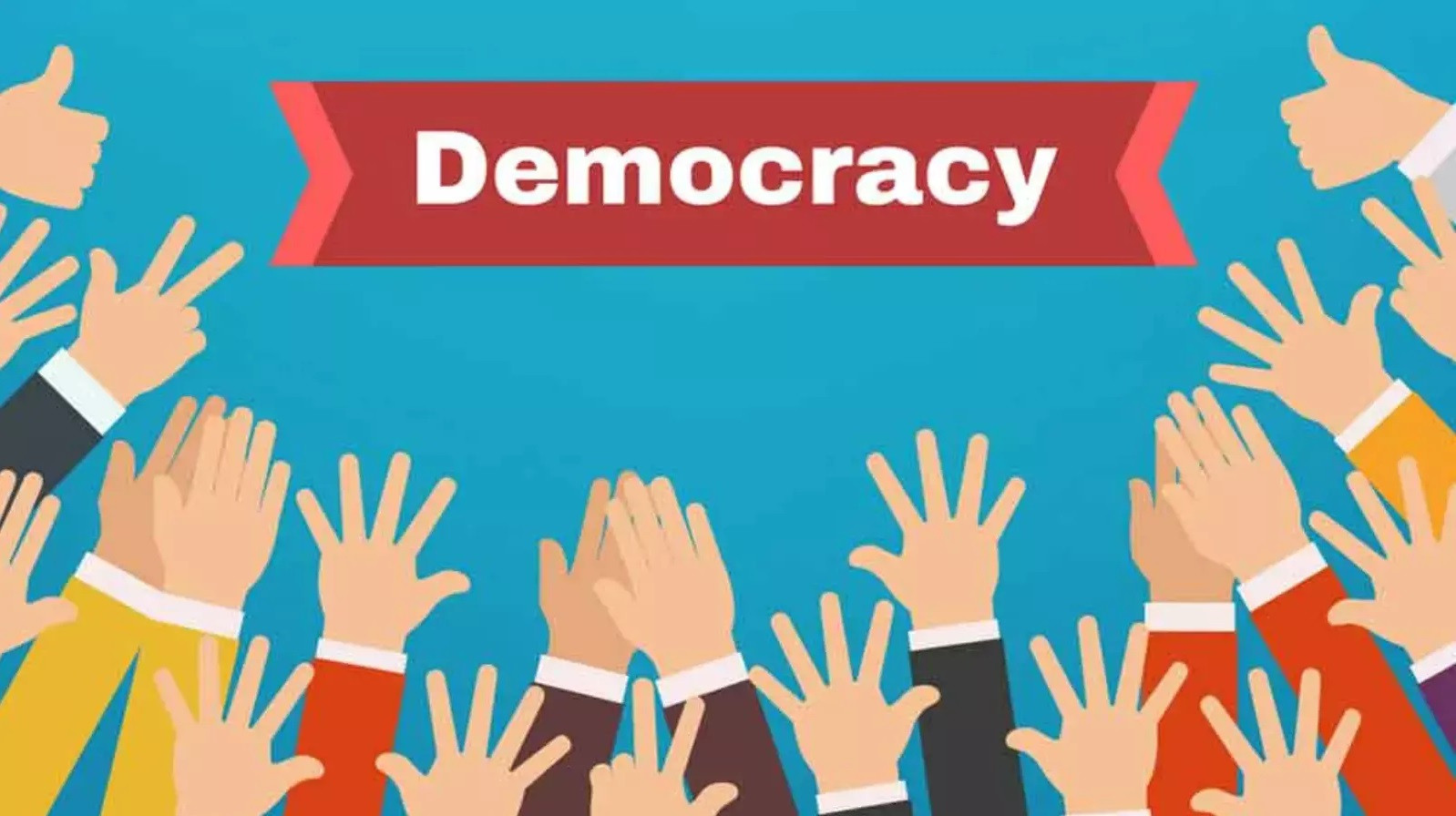
Picture: Collected
Power is not everlasting; it changes hands over time, normally, with the demise of the person holding the power. After the death of Britain’s Queen Elizabeth II in September 2022, her son ascended to the throne as King Charles III. Sometimes power is transferred voluntarily. In January 2024, the Queen of Denmark Margrethe II willingly gave up her power to her son who became the new monarch, King Frederik X. People often give away their wealth or economic power to their descendants or persons of choice or charity. The transition of power can also take place through violence. In 1485, Henry Tudor became King Henry VII of England by defeating and killing the reigning monarch King Richard III.
These are all examples of monarchies where the transition of power is materialised by a defined line of succession. Along the timeline of history, some monarchies were abolished and others lost their executive powers owing to the dawn of democracy as in the UK, or the advent of socialism as in the former USSR. Only a very few exceptions remain today like Saudi Arabia or Brunei.
In a democracy, succession is determined by the people’s mandate. A country is governed by individuals who are elected by the people. The country with the world’s strongest military is not governed by the generals. Civil power supersedes physical power. That is the beauty of democracy, that is the progress of civilisation.
Of course, it has to be a true democracy - people and society must adhere to a democratic culture. Power distance – the degree of inequality between the powerful and the powerless - has to be low. True democracy fosters a more just and equitable society. It empowers citizens to participate in the political process, ensuring that their voices are heard and their interests are represented.
According to the United Nations Human Rights Commission, the essential elements of democracy include freedom of opinion and expression, freedom of association, holding of periodic free and fair elections by universal suffrage, a pluralistic system of political parties, independence of the judiciary, transparency and accountability in public administration, and free, independent and pluralistic media.
In weak democracies, many of these elements go missing. There is a tendency for political parties to try to cast false votes, invade voting centers, and manipulate the election results. Those who lose the election routinely claim that the election was rigged. And those who win the election always claim that the election was fair.
In strong democracies like the USA, and UK, the culture is civilised. The question of rigging does not arise at all rather the loser routinely concedes defeat and congratulates the winner. But in the 2020 election in the USA, we saw the incumbent President Donald Trump behave like a leader of a weak democracy. He claimed that the election was stolen and even tried to overturn people’s mandate. Is it a reversal of democratic culture or just the idiosyncrasy of Donald Trump? That is another question to think about.
Democracy can be weakened by a confluence of several internal and external factors. For instance, divisiveness, fueled by partisan rhetoric and social media propaganda can lead to distrust and even violence. Corruption, particularly by elected officials, can erode public trust in government and undermine the democratic process. Weak institutions, such as a judiciary fraught with partisan bias can fail to provide the necessary checks and balances required in a democracy. Foreign interference, through disinformation campaigns, or support for a particular political party or regime can create polarisation and destabilise democratic systems.
In a weak democracy, the ruling regime can turn into a dictatorial regime or fascist regime under the veil of democracy. The dictator corrupts every institution of the country and exercises violent means, to hold onto power. But history tells us that they often end up ousted by violent means or mass uprisings. It is said that autocratic power is like riding a tiger. Everyone is afraid of the autocrat so long as he is on the back of the tiger. However, dismounting the tiger is more dangerous than mounting it. So, those who abuse power, usurp power, and use power to hunt down opponents ruthlessly, try to cling to power by any means.
Bangladesh is a case in point. The autocratic regime of Bangladesh recently overthrown by the mass uprising of students and people from all walks of life, brutally killed, maimed, and blinded thousands - mostly students, in a desperate bid to hold on to power. Democracy must be strong with its roots in the mindset of individuals, the culture of the societies, and the integrity of leadership. A weak democracy is vulnerable to turning into dictatorship or fascism in disguise.
_____________________________________
The writer is a former corporate professional and academic

